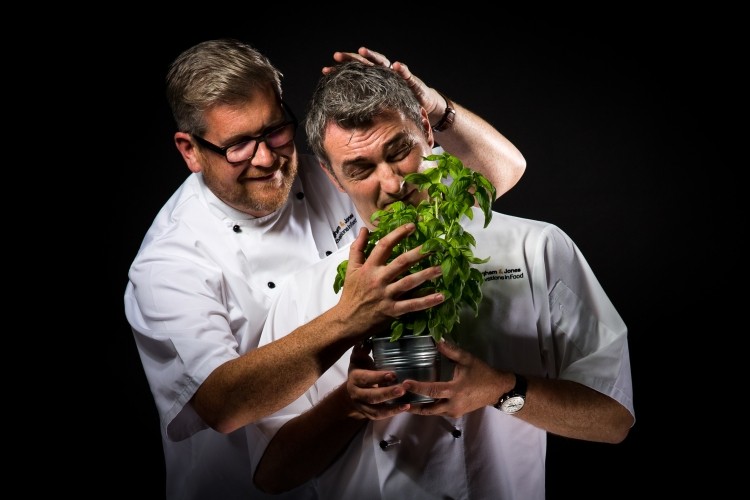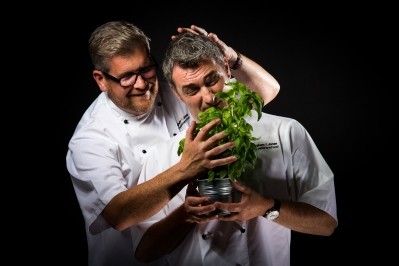Is a lack of creativity hindering novel foods?

Some are even offering new interesting functionality to foods that enable us to create healthy fat-free products with good texture or mouthfeel.
With the rise of these products, however, there is a burdening issue. So far, they have only had a single use – meat replacement in meat replicate products.
While this market is doing ok right now as vegetarianism and veganism grows with the health trend, we are risking a very quick market saturation through a distinct lack of creativity.
So, do we really want to see a shelf full of products that are direct copies of each other, like we have in other areas of retail?
Student association lecture
This was a topic raised by students at the US Institute of Food Technologists Student Association’s lecture last week, but has also been a common topic on novel food adoption for a while now.
A participant asked the speakers in the novel protein talk whether it would be better to be producing unique products from these unique ingredients rather than the strong focus on imitation.
We think they have a point. Not every vegetarian is going to want to eat things like the impossible burger, which lets plants ‘bleed’ on you. The motivations from moving away from meat are quite varied so a graphic meat copy might not be suitable for a lot of people.
Maybe this thing is made at encouraging meat eaters to make a change, but there simply aren’t enough other good products around that might make that change appealing enough.
Psychology literature on the subject of novel food adoption focuses on the simple idea that, for a product to be a direct replacement, it has to be better in some way that will appeal to the market – whether that be sensory, ethically, sustainability or price.
Risk of rejection
If you put out a product aimed at replacement that doesn’t match up to the product it’s trying to replace, it risks rejection – but not only for the product you created, for everything using that novel ingredient in the future – a very high price to pay for frivolous product development.
Time and time again the research demonstrates that texture is the biggest factor when it comes to the sensory side of things.
But it is only recently that meat replacement products have focused on this area, risking damage to the market as a whole as people are unlikely to go back after a poor experience with a new food.
What the industry needs is a burst of inspirational creativity to get this market off the ground. Unique ingredients deserve unique products that can promote the attributes of the ingredient.
Developers need to go into the area with caution and absolute common sense – if that unique ingredient is selling itself on ethical issues, try not to pair it with ingredients that suffer from extreme ethical issues. The same applies to sustainability, nutritional benefits and other aspects.
















